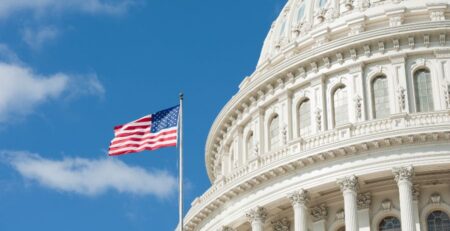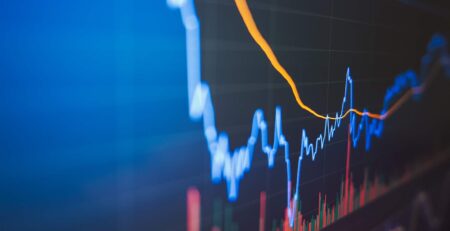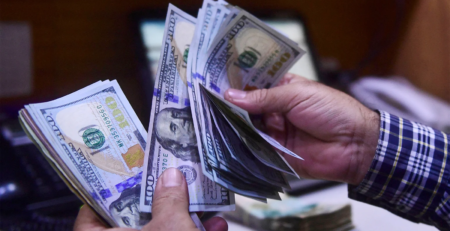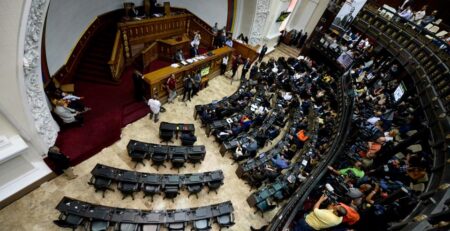World’s Largest Pension Fund Posts Quarterly Gain, Record Assets
Japan’s state pension fund, the world’s largest, posted its strongest quarter in more than two years as gains in global stock and bond markets during the three months through March boosted the value of its assets to a record.
The Government Pension Investment Fund added 5.4% during the quarter, raising its total assets to 200.13 trillion yen ($1.39 trillion), the fund said in Tokyo Friday. Foreign equities were the top performers, gaining 8.2% as the US started to overcome a banking crisis, while Japanese shares advanced 7%. Overseas and domestic bonds also gained, while the yen weakened against the dollar as the Bank of Japan maintained its easy monetary policy.
GPIF Posts Best Result in More Than Two Years | All asset classes gain, putting end to four quarters of losses
“Although we had a very volatile market environment in the financial year, thanks to the effect of diversification in our portfolio, we have made a return,” GPIF President Masataka Miyazono said at a press conference in Tokyo.
The return enabled the GPIF to recover all of the more than 9 trillion yen in asset value lost during a slump over the previous four quarters, its longest losing streak in two decades. Japanese stocks have rebounded so swiftly this year that domestic pension funds may have sold trillions of yen in the securities last month to bring them back to targets.
During the first three months of this year, the MSCI All-Country World Index of global stocks gained 6.8% and the S&P 500 Index climbed 7%, while the Topix gained 5.9%. Yields on 10-year U.S. Treasuries fell 41 basis points in the period, while benchmark Japanese government bond yields lost 9 basis points.
On an annual basis, the GPIF posted a gain of 1.5%. Holdings of overseas stocks returned 1.8% and domestic shares gained 5.5%. Domestic bonds lost 1.7%, while foreign bonds lost 0.1%.
The latest GPIF results also showed the fund has completely withdrawn its money from Custody Bank of Japan Ltd., which had been one of the fund’s three custodian banks. The fund said the decision had nothing to do with allegations of misconduct by a former top executive at the custodian bank.
Read more @bloomberg











